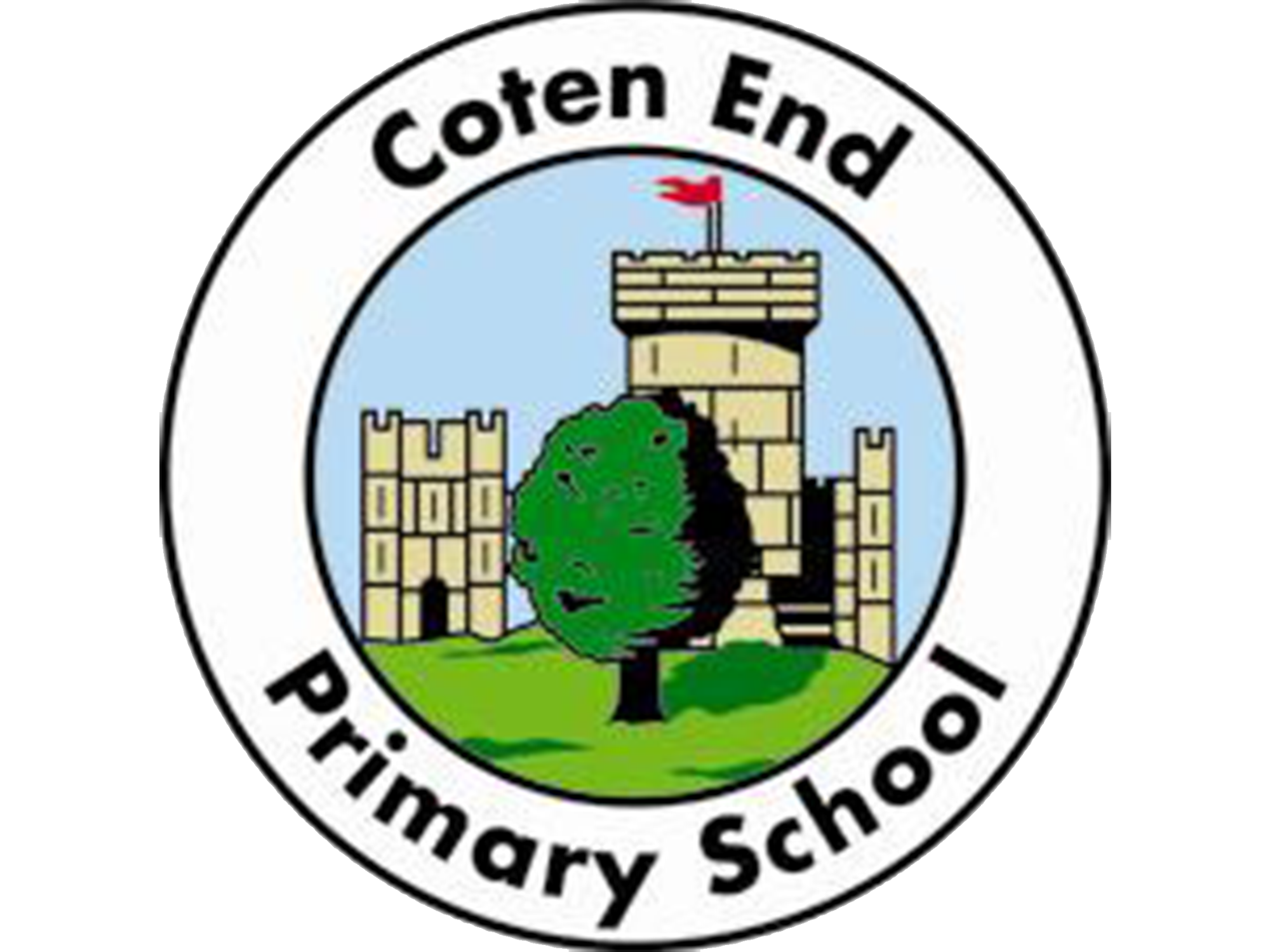
Coten End Primary School
Maths
Curriculum Leads: Nicola Leadbeater (KS1) and Joseph Lingard (KS2)


Intent
Mathematics is a vital part of everyday life: it teaches children to make sense of the world around them. At Coten End, our intent for Mathematics is to provide children with a foundation for understanding number, reasoning, thinking logically and problem solving with resilience so that they are fully prepared for the future. By adopting a mastery approach, we aim to reject the idea that some children “can’t do Maths.” It recognises that by nurturing positive attitudes and building confidence in Mathematics, all children can achieve, regardless of their starting point. At Coten End, we have designed a scheme of learning that allows for a clear sequence of lessons. We also focus on all children having achieved the key skills within their year group. These skills include vital objectives from previous years for children to build upon as well as focused objectives from their own year group. We intend that all children leave Coten End Primary School with an appreciation, enthusiasm, and curiosity for Maths, resulting in a lifelong positive relationship with number.
Implementation
Our Mathematics teaching places an emphasis on a mastery approach through combining fluency, reasoning, and problem-solving activities. By teaching subject specific vocabulary and exploring real life contexts, children’s understanding is further developed. Mathematics lessons at Coten End are engaging and well-resourced using a range of appropriate materials.
Before embarking on each strand of Mathematics, children’s prior knowledge is assessed, and misconceptions are identified to inform future teaching and intervention where needed. Subject specific vocabulary is identified and rehearsed with the children; enabling them to access a range of fluency, reasoning, and problem-solving tasks. Each strand is then broken down into a series of small steps which are sequenced together to best suit the progression of the children within each class.
Teachers use a variety of strategies and resources to enable all children to achieve the objectives for their year group. These include, but are not strictly limited to:
- Concrete, Pictorial and Abstract Learning
All children, when introduced to a new topic, are given the opportunity to use a range of physical resources and pictorial representations of the mathematical concepts being taught before moving onto the more abstract ideas such as numbers and symbols.
- Fluency, Reasoning and Problem Solving
Each learning session includes the opportunity for children to develop their procedural fluency skills by practising the key concepts as well as explore deeper understanding through a range of reasoning and problem-solving activities.
- Interleaved Learning
After a concept has been taught, opportunities are found to revisit prior learning on a regular basis. Daily “5-a-day” sessions allow children to recall and rehearse previously taught concepts, so they are further embedded into their long-term memory. Our designed schemes of learning allow the flexibility for class teachers to revisit concepts from earlier in the academic year as well as previous year groups’ objectives as appropriate.
- Key Skill Lessons
Key-Skills Lessons are taught on a weekly basis. The focus of these lessons is all children achieving mastery of a key-skill through practising a range of procedural fluency. Regular and brief baselines assessments are used to identify when pupils have achieved mastery of the objective.
- Assessment
Through a range of assessment tools – verbal, written, self/peer – target groups of pupils are identified, and a sequence of lessons is built around this. Pupils identified as needing accelerated progress are picked up in a consistent set of interventions used to enable pupils to progress through a clear set of key-skills in order of importance. This can enable teachers to provide teaching to pupils that picks up on objectives and learning not necessarily within their year group objectives.
- EYFS
In Reception, there is a significant emphasis on developing a strong grounding in number as this is essential for all children to develop the necessary building blocks to excel. Daily “Maths Chats” allow for these concepts to be taught and discussed prior to them exploring and experiencing them in their continuous provision. These frequent and varied opportunities allow the children to build on and apply their understanding creatively. Number and numerical patterns are interleaved and explored through their everyday learning.
Impact
A mathematical concept or skill has been mastered when a child can show it in multiple ways, using the mathematical language to explain their ideas, and can independently apply the concept to new problems in unfamiliar situations.
Children are confident that they can achieve and are keen to attempt a range of problems; showing an ability to move between different mathematical concepts.
Children can demonstrate a quick recall of facts and procedures including recollection of times tables.
Children are articulate with their reasoning and explanations of mathematical concepts using the appropriate vocabulary.
Children make connections between mathematical concepts.
Children are resilient and independent learners who apply their understanding to a range of increasingly complex problems.
Children take pride in their Mathematics and keen to discuss their learning.
Please click on the link to the NC 2014 Mathematics programmes of study to view the content being taught in each year group.